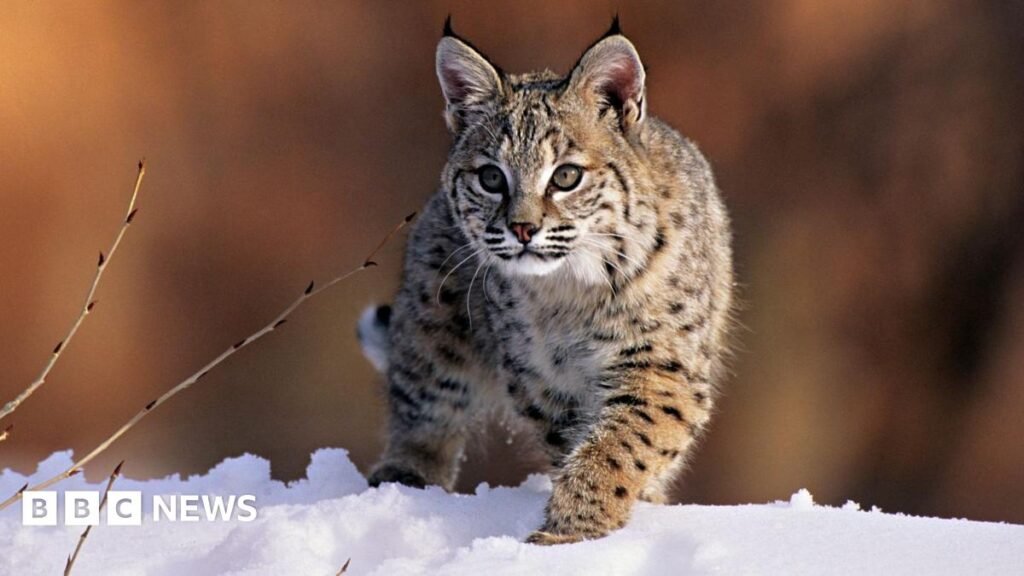The animals died between the end of November and the middle of December, said the director of the reserve, Mark Matthews. New York Times, external.
“We’ve never had anything like this, they usually die mostly of old age,” he said. “Not something like that, it’s a pretty bad virus.”
The news comes as bird flu continues to spread among cattle and poultry in the U.S., while severely infecting at least one person.
The reserve said it lost five African serval cats, four lynxes, two Canadian lynxes and a Bengal tiger, among others. Now there are only 17 cats left in the Center.
“Cats are particularly vulnerable to this virus, which can cause mild initial symptoms but progress rapidly, often leading to death within 24 hours from pneumonia-like illness,” the sanctuary said. Facebook statement, external on Friday.
Bird flu has long infected poultry flocks in the United States. But the virus first began infecting cattle in the US in March.
According to the Centers for Disease Control and Prevention, since April 2024, there have been 61 human cases of bird flu in the United States.
The CDC says the risk to the general public remains low and there has been no sustained human-to-human transmission.
Most reported mild symptoms, although one person was hospitalized with a severe case of bird flu in Louisiana this month.
Last week, California Gov. Gavin Newsom declared a state of emergency over the outbreak among the state’s dairy cows to help the government have “the resources and flexibility needed to quickly respond to this outbreak.”

